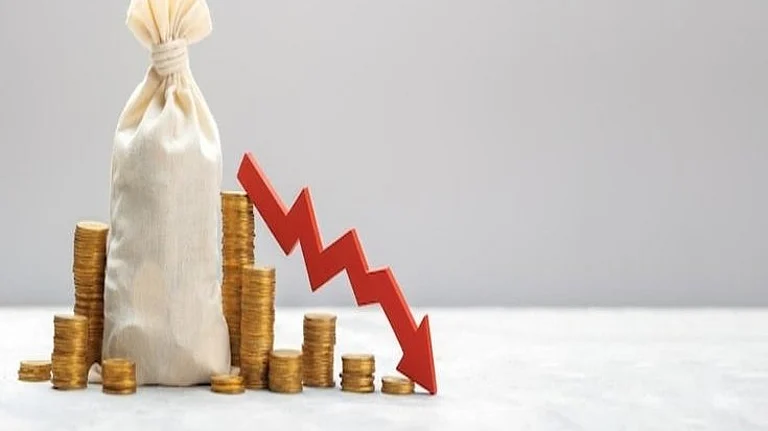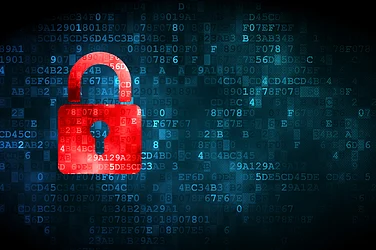1. Phishing scams: Google has seen a sharp rise in the number of phishing mails in the recent past. Phishing is nothing but a fictitious organisation sending emails or creating webpages of a legitimate institution like the government, a bank, and so on. These are used to lure individuals to provide sensitive data such as personal information, bank details and credit card details. While you may be asked to provide that information, sometimes when you click on such an email or link, some malicious software or malware is downloaded to your device which may steal your sensitive information such as OTPs and passwords. These emails could be about anything to do with you bank, health advice, communication from the government, communication from your employer and so on. You should never give out your personal information when requested on an email. Also, do not click on emails which look suspicious or where you are not sure of the sender. Remember that phishers create email and websites that closely resemble the original one.































